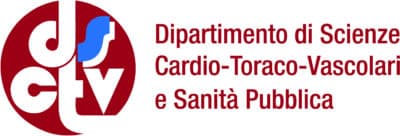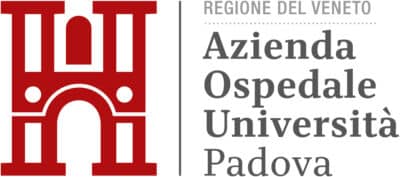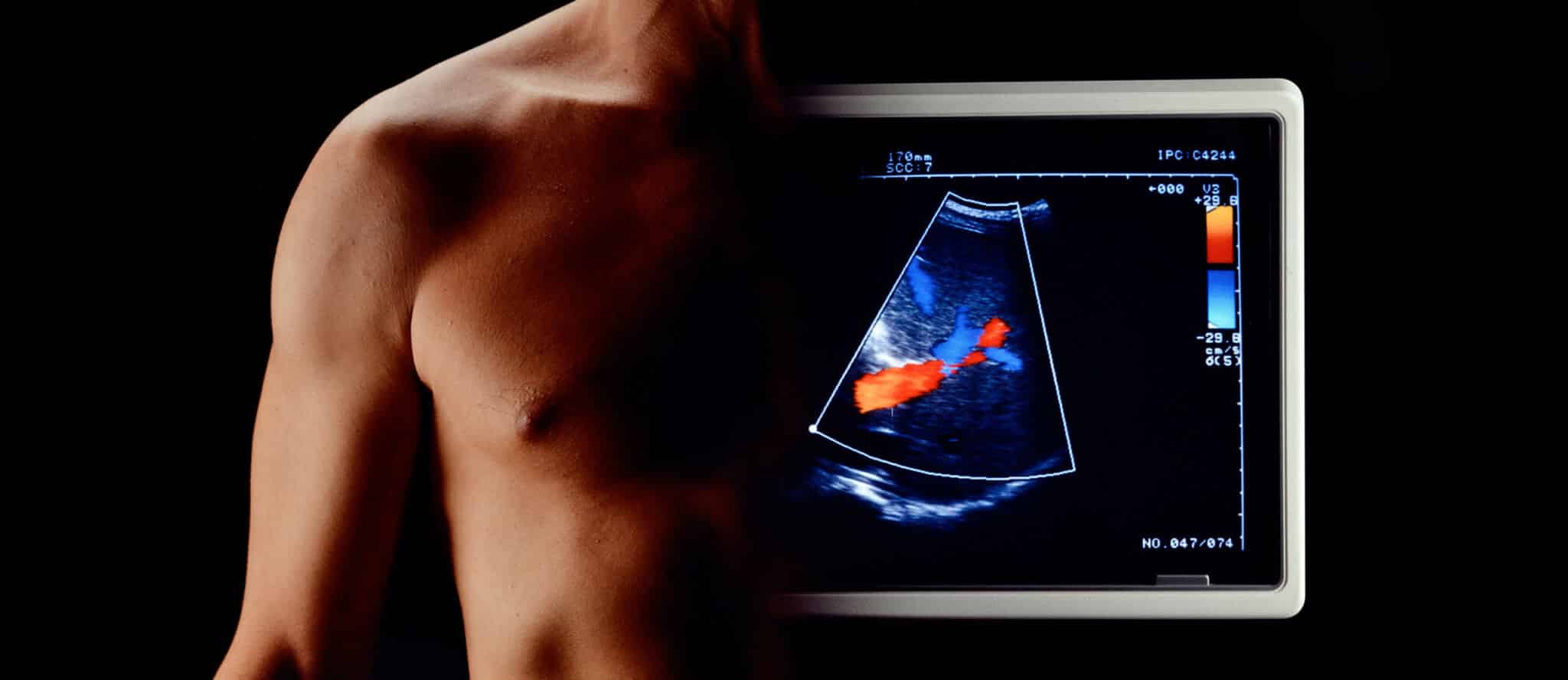

The Master in Stress-Related, Transesophageal, and Advanced Echocardiography and Integrated Multimodality Cardiac Imaging prepares echocardiography professionals in the following areas:
- Physical and pharmacological stress-related echocardiography;
- Transesophageal echocardiography;
- 3D echocardiography;
- Speckle-tracking echocardiography;
- Nonlinear contrast ultrasound imaging;
- Coronary flow reserve analysis;
- Intracardiac vortex analysis;
- Echocardiography integrated with other cardiac imaging techniques.
Purpose of this course is the acquisition of the latest knowledge on stress-related and transesophageal echocardiography, and of advanced echocardiography techniques, including integrated echocardiographic imaging.
The Master in Stress-Related, Transesophageal, and Advanced Echocardiography and Integrated Multimodality Cardiac Imaging provides in-depth knowledge on the following aspects: basic principles, indications and contraindications, execution methods, exam result interpretation, reporting methods, clinical applications, limits and advantages.
Information provided through echocardiography will be compared to other imaging techniques (computed tomography, MRI), also by analysing the application fields of integrated imaging.
The Master in Stress-Related, Transesophageal, and Advanced Echocardiography and Integrated Multimodality Cardiac Imaging is an opportunity to elevate basic echocardiography professional profiles. The course is addressed to doctors with basic cardiology and echocardiography skills.
Career opportunities can be found in cardiology clinics, and in-patient, intensive care or surgery-related cardiology centres.
The Master in Stress-Related, Transesophageal, and Advanced Echocardiography and Integrated Multimodality Cardiac Imaging encompasses four training areas:
- Stress-related echocardiography
- Indications and contraindications
- Type of stress and exam protocols
- Stress-related echocardiography lab
- Diagnostic appropriateness
- Normal exams
- Eco-stress and ischemia, liveliness, prognosis, contractile flow reserve, diastolic function, valvular diseases
- Transesophageal echocardiography
- Indications and contraindications
- Exam protocols
- Transesophageal echocardiography lab
- Diagnostic appropriateness
- Normal exams
- Transesophageal echocardiography in valvular diseases, in the structural field, in congenital heart defects, in intensive care, in the search for embolic and endocarditis sources
- Advanced echocardiography
- Techniques
- Applications
- Diagnostic appropriateness
- 3D echocardiography, speckle-tracking, nonlinear contrast ultrasound imaging, coronary flow reserve and intracardiac vortex analysis
- Integrated echocardiography
- Correlation between echocardiography and MRI, computed tomography and nuclear cardiology for the main heart diseases
- Clinical integration between different diagnostic techniques
- Fusion imaging
The general ranking of merit for the academic year 2025/2026 will be published on the Italian page of this Master according to the timing provided in the Call.
Information
FAQ
The Master in Stress-Related, Transesophageal, and Advanced Echocardiography and Integrated Multimodality Cardiac Imaging lasts one year, and it is held at the Clinica Cardiologica of the University Hospital of Padua.
Mandatory attendance concerns 70% of the total hours.
Lessons are held by the University Hospital of Padua’s internal faculty.
The course includes:
- Synchronous remote lessons to promote the student/professor interaction;
- Asynchronous remote lessons to deepen the concepts;
- In-classroom lessons with workshops (group tests on simulators, discussion of clinical cases);
- An internship at the Cardiology Ward echocardiography labs for clinical observation activities (no patient care activities will be provided during this period).
Part of the course will be devoted to the development of an individual Project Work (300 hours), tutored by a Master’s professor, and an internship (200 hours) at the Clinica Cardiologica. The final exam will include a dissertation on the Project Work.
Attendance at the Clinica Cardiologica echocardiography clinics and haemodynamic labs to observe structural interventions are scheduled also based on the number of attendees. Once the enrolment phase is closed, attendees will be contacted to define the schedule.
Yes, there will be a final oral exam, where the individual Project Work will be assessed.
No, there will only be clinical observation activities.

